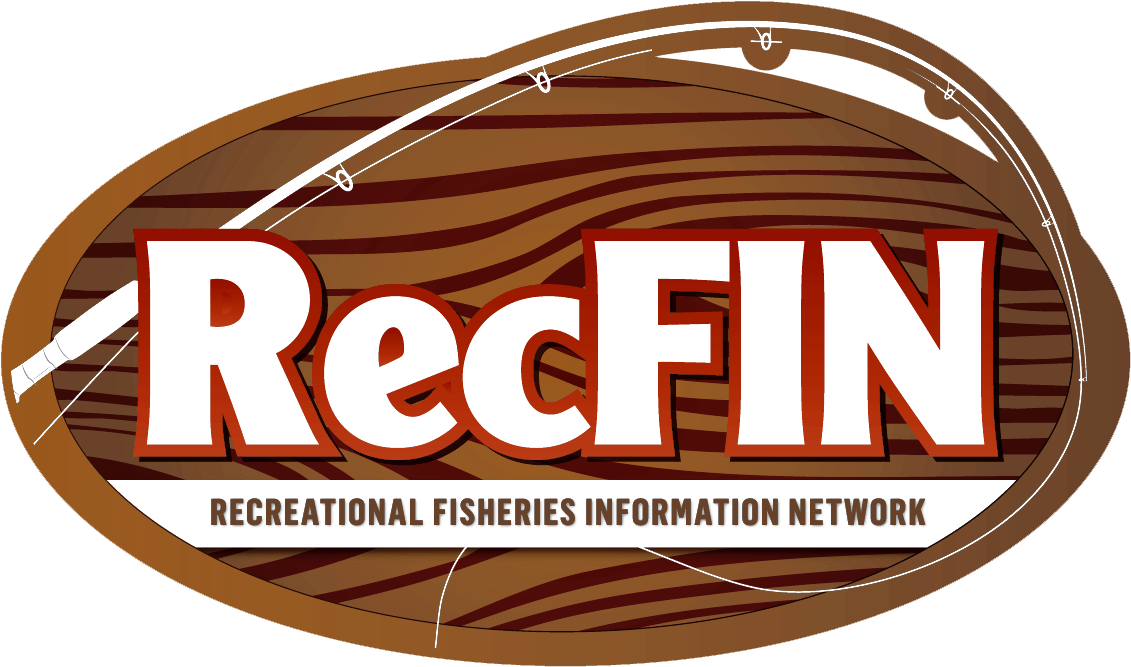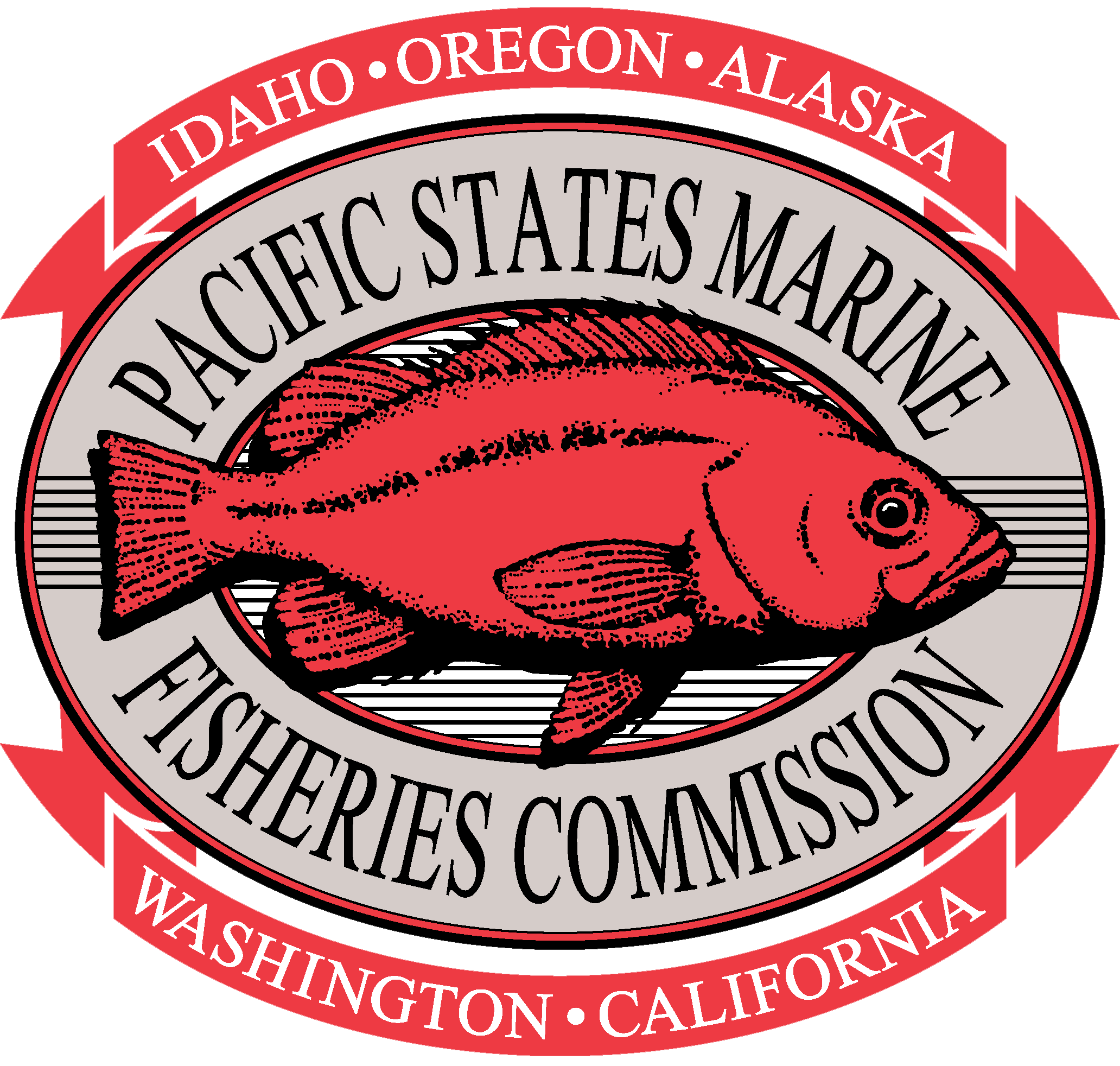AKFIN/PacFIN/RecFIN 2021 Fisheries Information System Projects Funded
Jenny Suter, Camille Kohler, and Jason Edwards
The West Coast FINs work closely with the NOAA Fisheries Information System (FIS) Program as regional partners supporting the FIS mission to ensure that stakeholders are able to “access comprehensive, high-quality, timely fisheries information.” FIN staff support FIS by participating in the Program Management Team (PMT) and in various Professional Specialty Groups (PSGs) such as the Quality Management and Continuous Improvement PSG (QM/CI PSG), the Electronic Technologies PSG (ET PSG), and the Highly Migratory Species PSG (HMS PSG).
The FIS program in collaboration with the National Observer Program and the National Catch Shares Program provide funding through an annual request for proposals (RFP) cycle that supports projects that improve fishery-dependent data in five areas of interest including ‘FIN Improvement.’
AKFIN, PacFIN, and RecFIN, in partnership with NOAA West Coast Regional Office (WCR), Pacific Islands Regional Office (PIRO), Alaska Fisheries Science Center (AFSC), Pacific Fishery Management Council (PFMC), North Pacific Fishery Management Council (NPFMC), and the Washington Department of Fish and Wildlife (WDFW) were funded for six separate projects during the FY2021 RFP process:
AKFIN
AKFIN Smart Reporting: Enhanced data governance strategy and reporting initiatives through source data archiving, data validation, and metadata reporting to improve data quality for the Alaska Fisheries Information Network (AKFIN)
Maintaining data integrity through improved governance strategies and facilitating coordination with data partners is paramount to achieving AKFIN program objectives. The proposed project will redesign source data archival systems, develop enhanced data validation procedures, and improve related metadata and reporting tools for the AKFIN system. These products will promote coordination between AKFIN and its partners, document data provenance, and improve overall data integrity.
Ecosystem and Socioeconomic Profiles: Developing a web-based application to streamline data processing for Ecosystem and Socioeconomic Profiles in support of next generation stock assessments
Stock assessment authors from the AFSC are responding to priorities set by the National Marine Fisheries Service (NMFS) and the NPFMC by incorporating ecosystem and socioeconomic information in their assessments. A framework termed the Ecosystem and Socioeconomic Profile, or ESP, was created to standardize the integration of these sources that might include survey data, observer data, model outputs, satellite data, etc.
The goal of this project is to modernize the process by which stock assessors attain and aggregate these disparate data sets by optimizing the methods for data collection and reporting. AKFIN has three objectives:
1. Develop a web-based platform to support uploading and managing related datasets
2. Enhance the existing stock assessment dashboard
3. Provide a public-facing reporting tool to deliver ecosystem data
The ESP data system will improve data accessibility, provide transparency to the data, and ensure results are reproducible — streamlining the workflow for stock assessors.
PacFIN
Enhancing efficiency and accessibility of HMS Stock Assessment and Fishery Evaluation (SAFE) reporting: Convert to PacFIN APEX reporting platform
This project is a collaboration between the WCR, PFMC, and PacFIN to shift the reporting of the HMS SAFE from the PacFIN-hosted Answers platform (an implementation of Oracle Business Intelligence (BI)) to PacFIN’s APEX Reporting System. This project will build on the successful development of the suite of HMS Fleet Reports in APEX. Similar to the HMS Fleet Reports, the new HMS SAFE reports will include public-facing reports that exclude confidential data, in addition to confidential reports that are available only to authorized users (Council, Region, Science Centers, and state agency staff). The interactive controls and graphical interfaces available in the APEX system allow multiple views of data in a single report, resulting in fewer reports and allowing end-users to easily visualize trends and characteristics of HMS fisheries. The development team is hopeful that this report conversion could be used to improve required reporting by other FMPs on the West Coast, along with other FIN programs.
Onboard Record Collection Application (ORCA): A joint effort between the West Coast Region Observer Program, Pacific Islands Region Observer Program, and the Pacific Fisheries Information Network to Develop Electronic Reporting for Pelagic HMS Fisheries Observers
This joint project between the West Coast Region Observer Program (WCROP), the Pacific Islands Region Observer Program (PIROP), and PacFIN to develop electronic reporting (ER) for HMS fisheries observers (e.g., drift gillnet, setnet, deep-set buoy, and longline) is a focus area of the HMS PSG. The WCROP and PIROP place NOAA Fisheries-trained observers aboard fishing vessels with the primary focus of monitoring the incidental take of protected species, and additionally to record details on fishing activity, gear configuration, as well as the catch and disposition of target and non-target fish. PacFIN is responsible for consolidating and integrating disparate data sets collected by the states, NMFS, and PSMFC — including those collected by fisheries observers — into a single comprehensive management system. This data is used by Regional Fisheries Management Organizations, both the Pacific Marine and Western Pacific Regional Fisheries Councils, and NMFS to effectively manage fish stocks, including Highly Migratory Species (HMS), on the West Coast of the United States.
The WCROP and PacFIN have been developing the Onboard Record Collection Application (ORCA) to collect data at-sea on rugged mobile devices in extreme marine environments. Since the WCROP and PIROP overlap in jurisdiction and responsibility to monitor and report on HMS fisheries in the Pacific, this project combines both developmental efforts and lessons learned from previously funded FIS projects from the West Coast and Pacific Islands Regions to develop and implement ER into a single cross-regional ER system that will benefit both programs. ORCA will be used by the WCROP and PIROP fishery observers to collect and enter data and aid in the consolidation of redundant data management efforts.
MMPA List of Fisheries: Adding Comprehensive West Coast Fishery Descriptions to the PacFIN database by completing a comprehensive review of commercial activity and updating the West Coast fisheries on the Marine Mammal Protection Act (MMPA) List of Fisheries.
The MMPA requires NMFS to monitor marine mammal bycatch in all U.S. commercial fisheries and has established the List of Fisheries (LOF) that categorizes each of these based on their level of marine mammal impact. This list is reviewed and updated annually with changes affected by known marine mammal interaction and/or impacts of commercial bycatch. With this, NMFS regions have been asked to review available information and provide descriptions of all categories represented. West Coast Region staff are working with PSMFC to develop an automated framework that categorizes landings data for the LOF fisheries to support these periodic reviews and better monitor participation.
This project will streamline and automate code for identifying landings associated with each of the West Coast state and federal commercial fisheries as they are described on the MMPA LOF. This code will be built into the PacFIN system making it available to future users and downstream reporting processes for identifying participants, reviewing levels of participation, and analyzing diversification of the fleets.
For more information about the NOAA Fisheries Marine Mammal Protection Act List of Fisheries, please visit https://www.fisheries.noaa.gov/national/marine-mammal-protection/marine-mammal-protection-act-list-fisheries
RecFIN
Development of a Web Application Programming Interface (API) for data transfer to the Pacific Recreational Fisheries Information Network (RecFIN)
The RecFIN database integrates recreational fisheries data from CDFW, ODFW, and WDFW and provides a complete data repository accessible to fishery biologists, managers, stock assessors, and the public. The current procedure by which each state provides their respective data to RecFIN consists of multiple stages of queries, data manipulations, uploads, and transfers by both state data coordinators and RecFIN personnel. This project will develop a data transfer protocol using a Web API between the WDFW data server and the RecFIN system to improve data processing efficiency, reporting timeliness, and data integrity of West Coast recreational fisheries data. This project will also provide a proof of concept for the use of Web APIs for data transfer between RecFIN and the other West Coast states, and the results and methodology may be applicable to other regional FINs.
For more information about the NOAA Fisheries Information System Program, please visit https://www.fisheries.noaa.gov/national/commercial-fishing/fisheries-information-system-program





